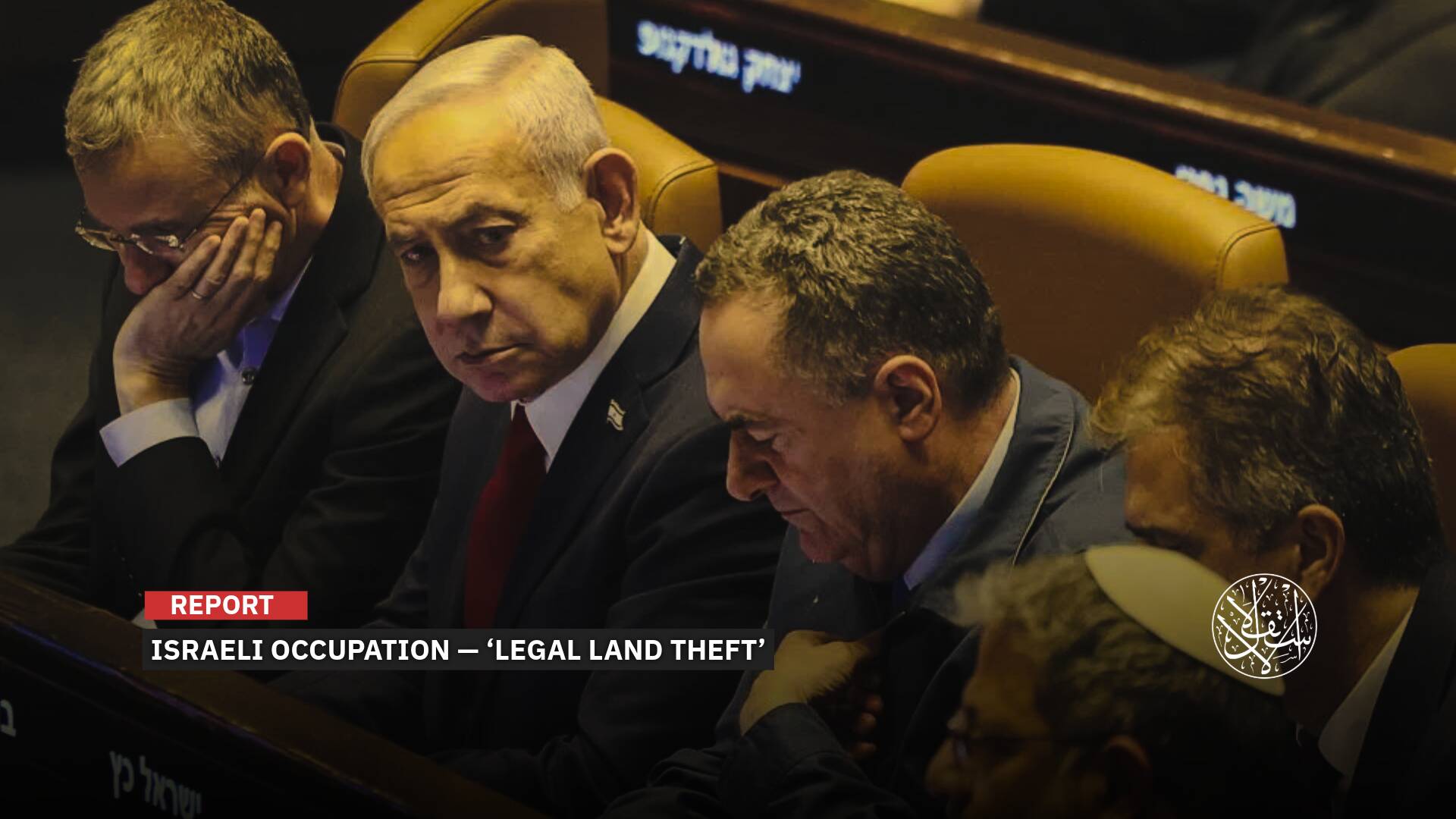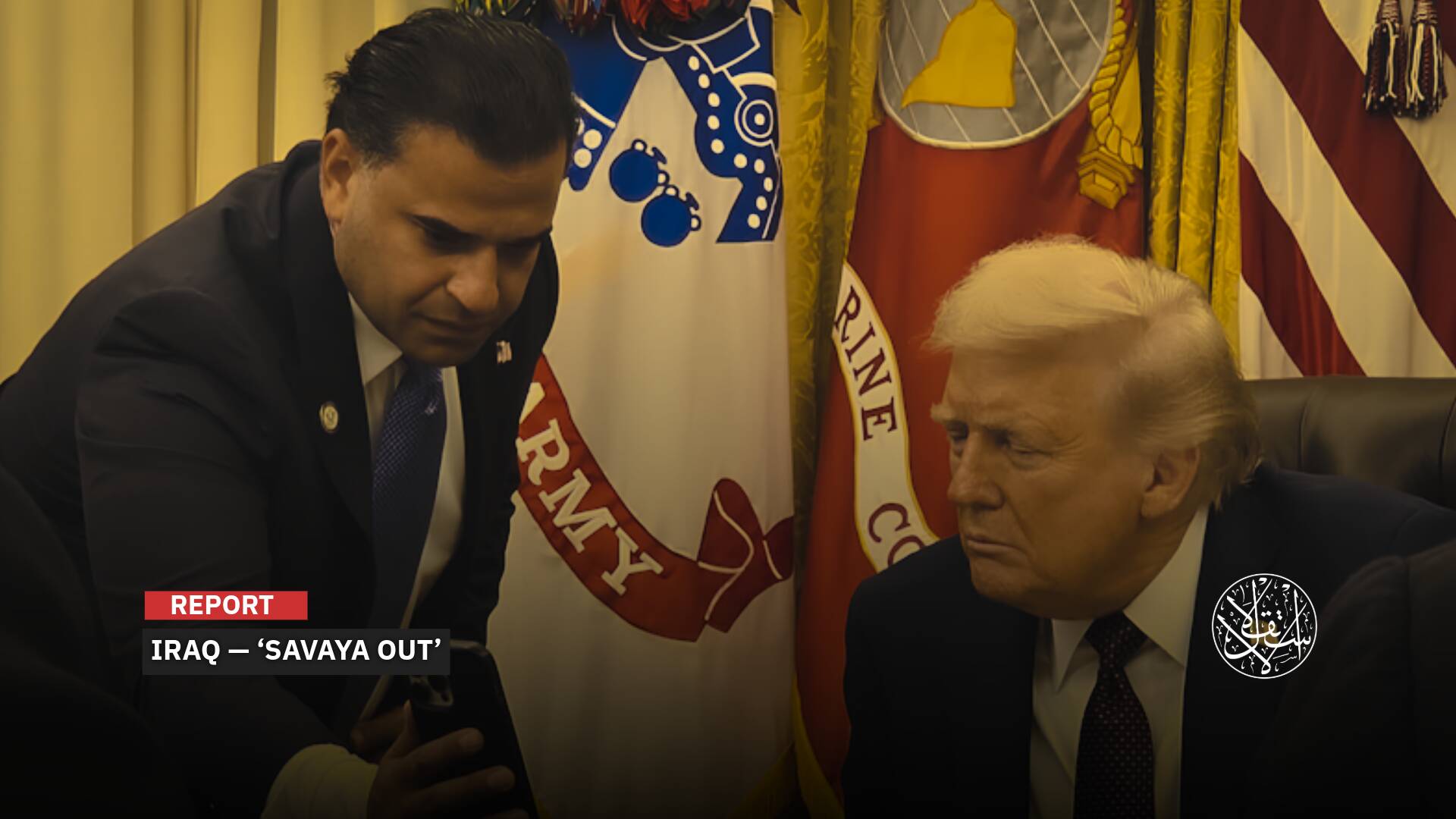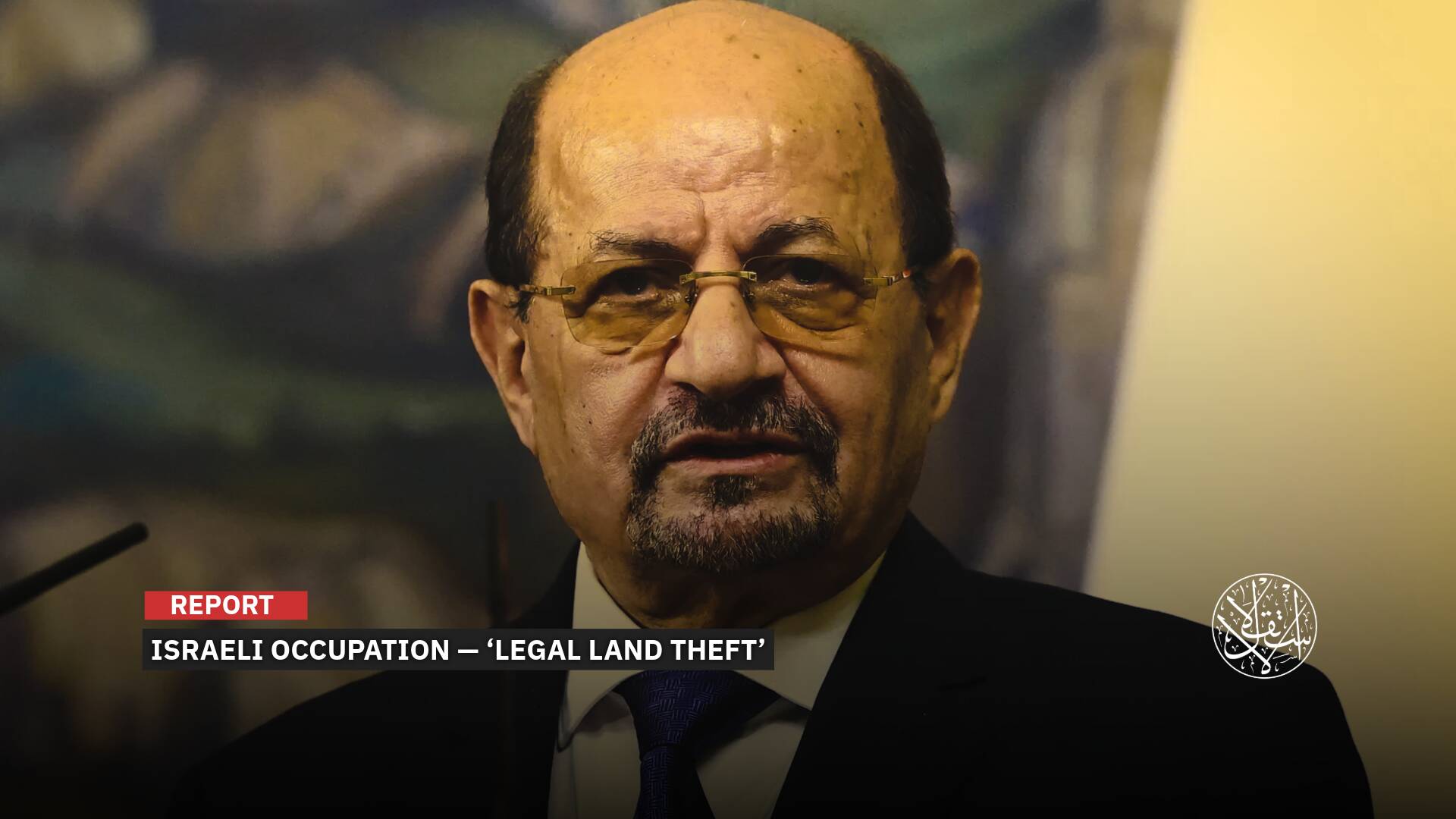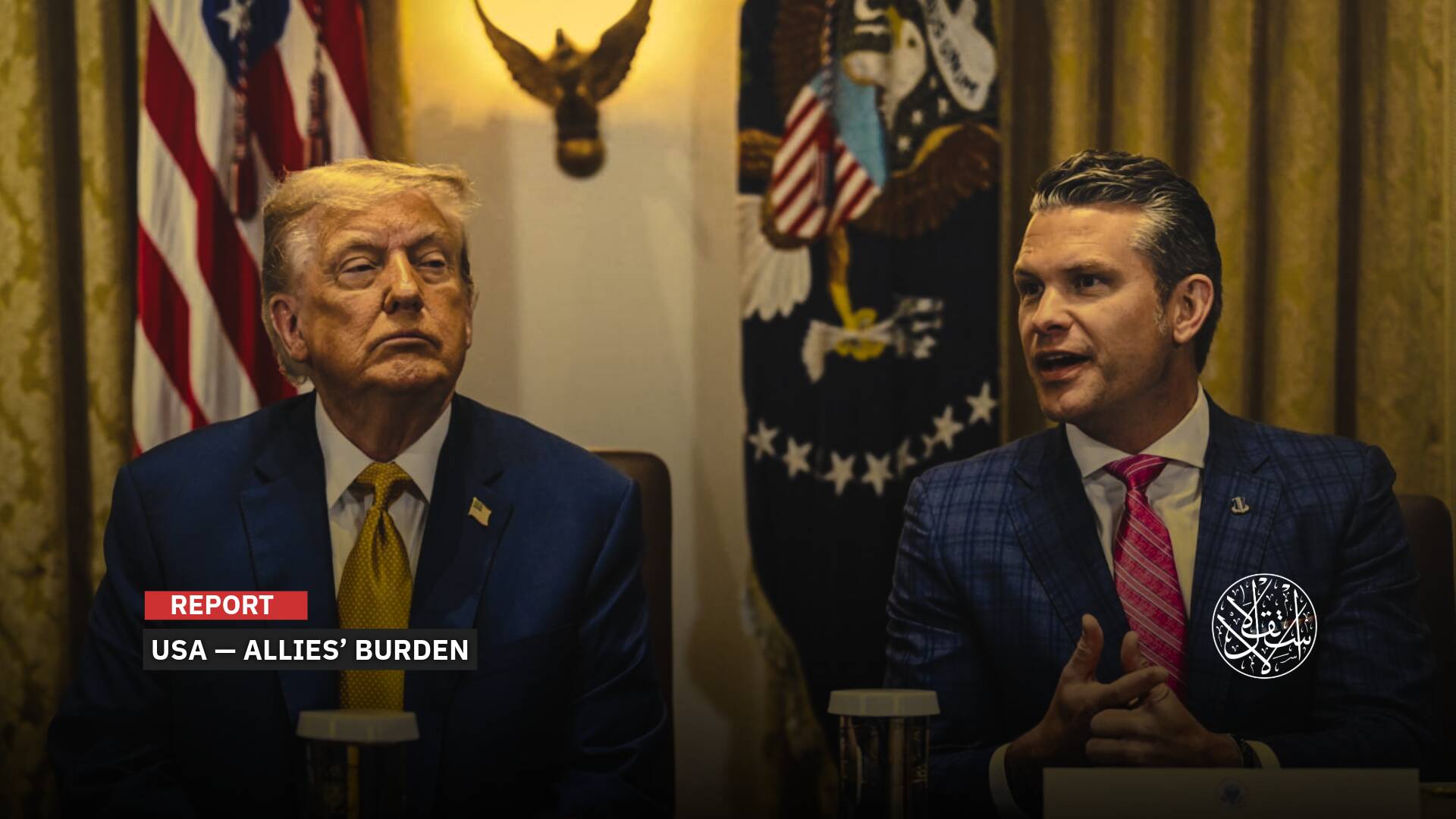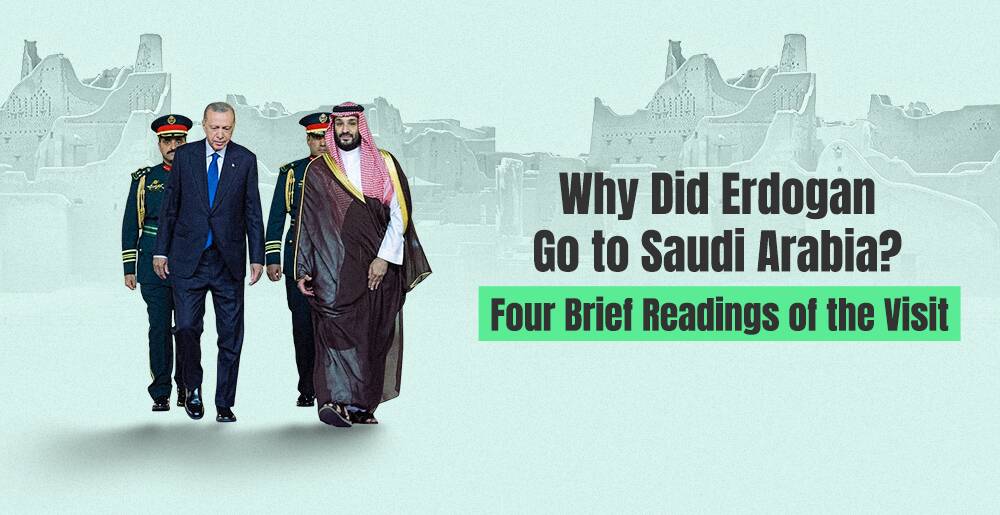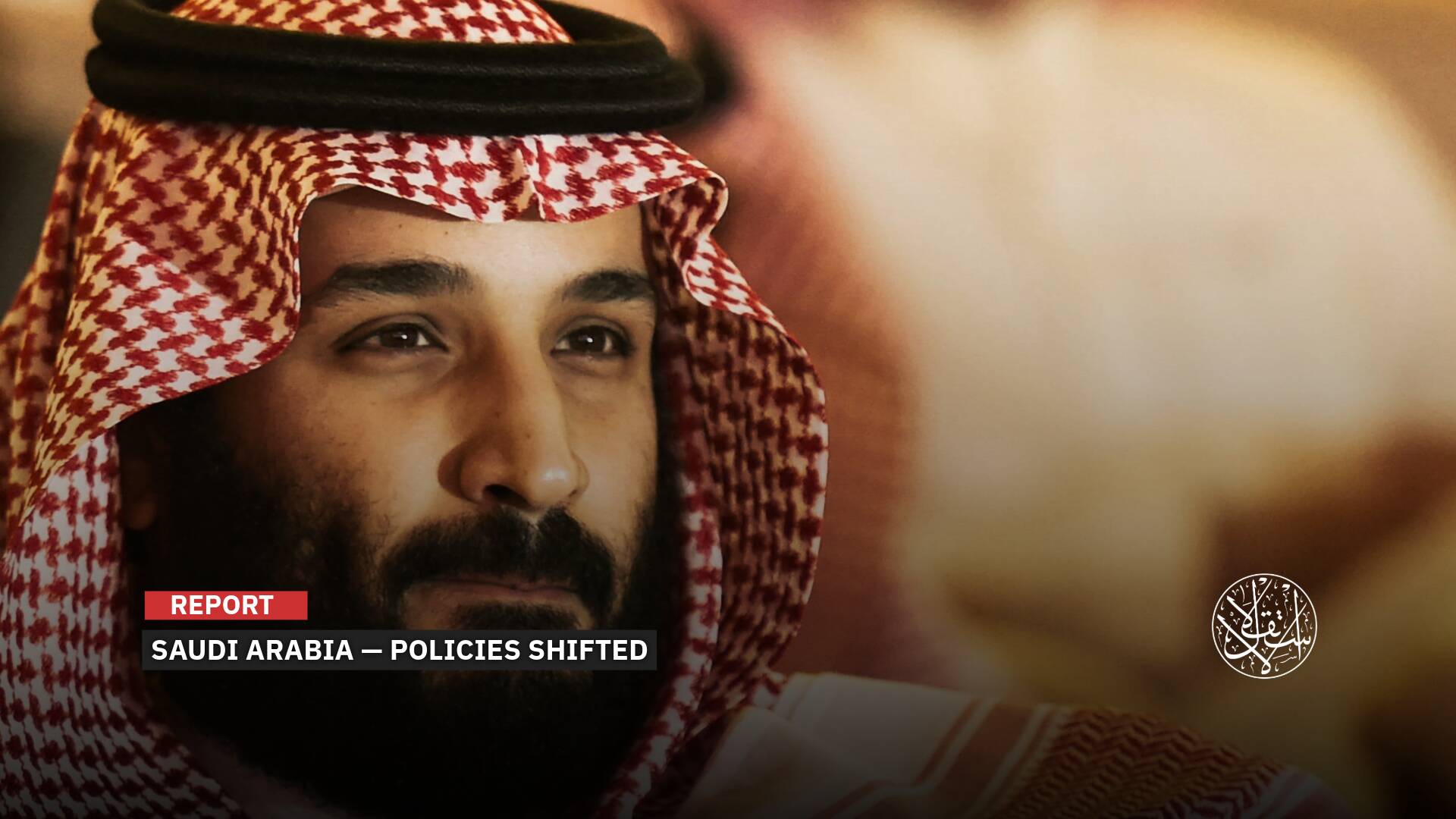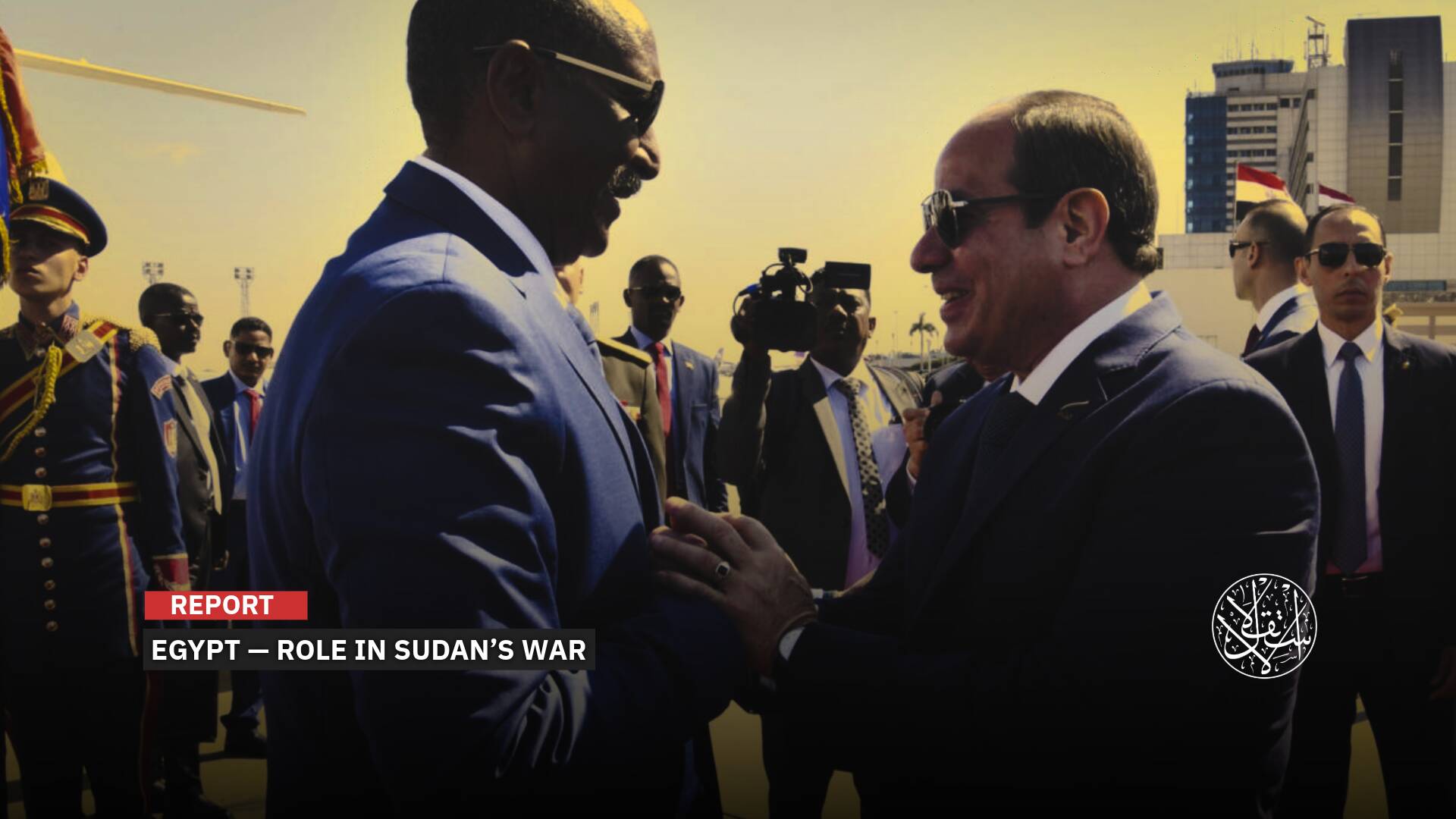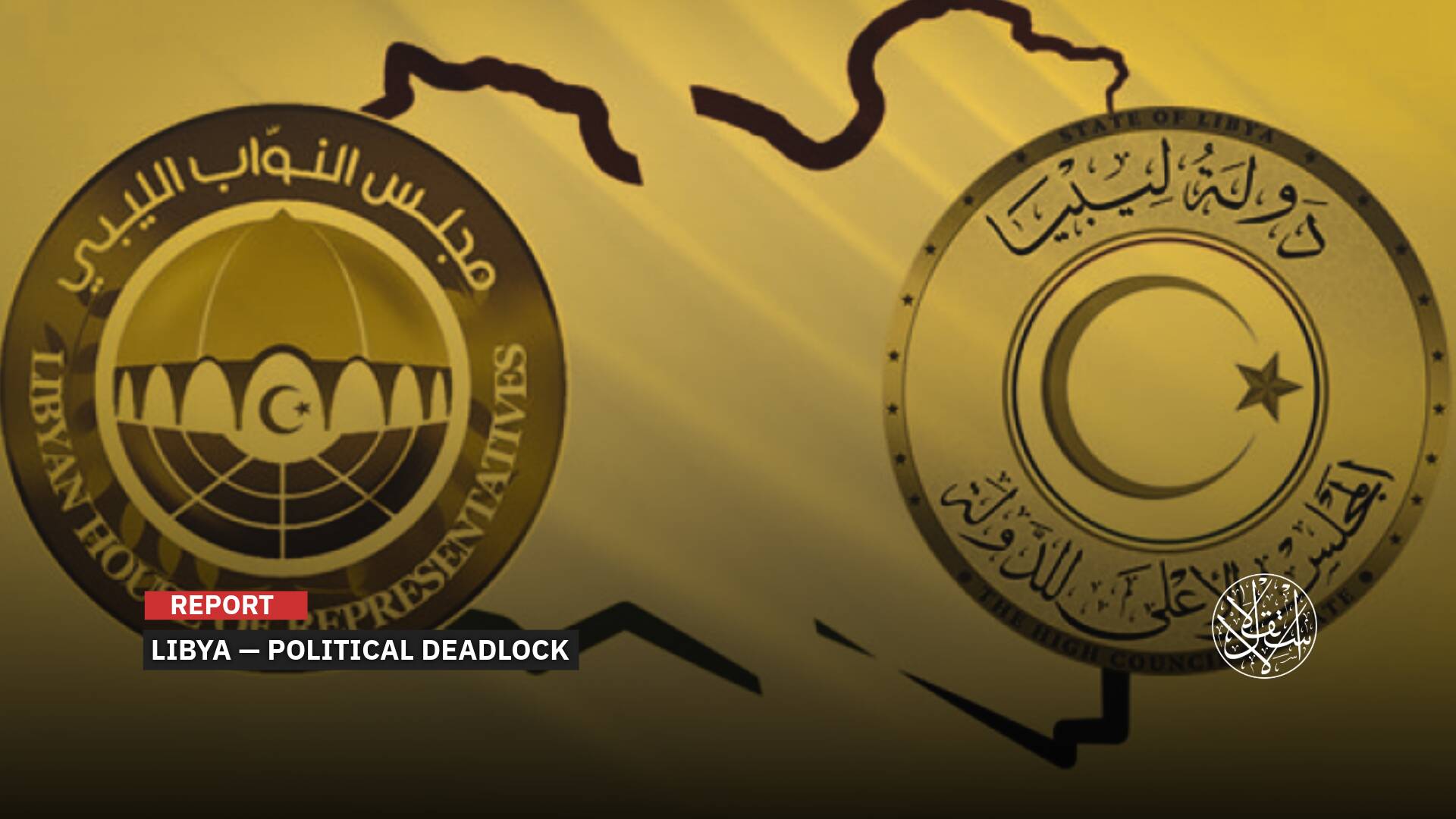Academic Boycott: This Is How the Israeli Academy Entered an Unprecedented Predicament

Over 60 Israeli researchers faced a variety of setbacks with international colleagues since the recent agression in the Gaza Strip
In a recent development, Gilad Hirschberger, a social psychologist at Reichman University Herzliya, received an invitation to be the keynote speaker at an October conference organized by a Norwegian group focused on collective trauma.
This invitation was a result of Hirschberger's extensive research, including his work on the long-term effects of the Holocaust.
An organizer from the Oslo-based research center expressed that Hirschberger's insights into the group-level perspectives of victims and perpetrators were highly pertinent to their work, especially considering the global ramifications of ongoing conflicts in his region.
They were particularly interested in his perspective on how current mass traumas influence his views.
Subsequent correspondence between Hirschberger and a Norwegian psychologist touched on the potential topics for his lecture.
The Norwegian liaison highlighted the importance of discussing the polarization resulting from terrorism and war, a subject they hoped Hirschberger would address at the conference.
However, in a sudden turn of events, Hirschberger received a message withdrawing the invitation.
The organizing committee decided to avoid collaboration with representatives from countries involved in active conflicts, a decision that did not go without criticism.
Hirschberger, who also serves as vice dean of the Baruch Ivcher School of Psychology at Reichman, expressed his astonishment at the blunt rejection, attributing it to his Israeli nationality.
He pointed out the prejudicial nature of such a decision, questioning the hope for the world if even psychologists could not overcome their biases.

Upcoming Challenges
The broader implications of this incident are not lost on Hirschberger. He foresees potential challenges for Israeli academia in terms of conference participation, research funding, and publication opportunities due to increasing reliance on international collaboration.
This incident seems to be part of a larger pattern affecting Israeli academia. Haaretz has reported on experiences shared by over 60 Israeli researchers, ranging from young scholars to university rectors, who have faced a variety of setbacks with international colleagues since the recent aggression in the Gaza Strip.
These setbacks include canceled conference invitations, halted appointments, article rejections for political reasons, disrupted lectures, ceased collaborations, and a comprehensive boycott of Israeli academic institutions.
A survey by the Israel Young Academy revealed that a third of senior faculty members from Israeli higher education institutions have experienced a significant decline in international relations.
The survey's anonymous responses painted a grim picture of the academic isolation facing "Israel," with incidents of European colleagues removing Israeli names from publications and refusing joint grant applications.
The testimonies, consistent with those obtained by Haaretz, suggest a troubling trend that could particularly impact young scholars at the start of their careers.
The fear of maintaining contact with Israelis is becoming more pronounced, as evidenced by the experiences of an Israeli researcher in an English university's exact sciences lab.
His attempts to foster collaboration with Israeli universities were rejected due to the complexities of working with an institution in a conflict zone.
The situation has reached a point where Israeli researchers abroad, like the aforementioned lab worker, are advised to downplay their national identity to avoid professional repercussions.
This self-censorship reflects a growing concern that Israeli academia may soon face the same ostracism currently directed at Russian institutions under Putin's regime.
The personal stories of these academics, like a young social sciences lecturer who fears for her career, underscore the severity of the situation.
Interviews conducted anonymously to protect professional relationships reveal a community under pressure, with some academics feeling the need to conceal their work to prevent harm to their international partners.
These developments indicate a challenging new phase for Israeli academia, one that is already manifesting and could have lasting effects on the country's academic landscape.

Boycott Consequences
The social sciences and humanities, once perceived as the academic disciplines most susceptible to political strife, are now joined by other fields in grappling with the repercussions of the Boycott, Divestment and Sanctions (BDS) movement.
Israeli institutions have been cognizant of the BDS impact well before the notable date of October 7, but the recent halt in academic collaborations, spanning research, publication, and other scholarly activities, has become a significant and widespread concern.
Months prior, Nir Davidson, a physicist at the Weizmann Institute of Science, reached out to an Italian peer to jointly pursue a research grant.
The response was disheartening; the Italian colleague cited the "atrocities" attributed to "Israel" and referenced a petition, signed by thousands of academics, calling for a cessation of all collaborative research efforts.
Despite fond memories of a past visit to "Israel," the colleague expressed a deep-seated fear that the Israeli Occupation's actions would leave an indelible mark, one neither forgotten nor forgiven.
A Ben-Gurion University scientist recently faced exclusion from a consortium vying for European Union environmental research funds.
A colleague's apologetic refusal to partner with "Israel" underscored the reluctance of some participants to engage with Israeli institutions amidst the current political tensions.
Ravit al-Fandari of the University of Haifa's Faculty of Social Work recounted a collaboration with a Northern Irish researcher on domestic violence that persisted even through the Gaza conflict.
Initially, her colleague empathized with living under threat, but as they neared the submission of their joint work to a prestigious journal, he revealed his support for the academic boycott of "Israel," effectively ending their partnership.
In Belgium, a literary scholar at KU Leuven concluded a project with a Hebrew University counterpart amid student protests.
The phrase "Leuven – stop supporting genocide" appeared on exam forms, reflecting the charged atmosphere. Similarly, a Hebrew University social sciences professor's search for an Italian partner for a joint course was met with disappointment, a stark contrast to the collegial relationships of the past.
At Bar-Ilan University, Professor Einat Metzl's planned visit to a Los Angeles university was canceled due to student objections.
At the Technion – Israel Institute of Technology, a promising student exchange program with a Danish university was abruptly halted, with the Danish counterpart suggesting a pause in light of the shifting sentiment.
The academic boycott has even permeated business administration, leading to the cancellation of a joint program with a prestigious Western university, unofficially attributed to concerns over potential anti-"Israel" protests.


